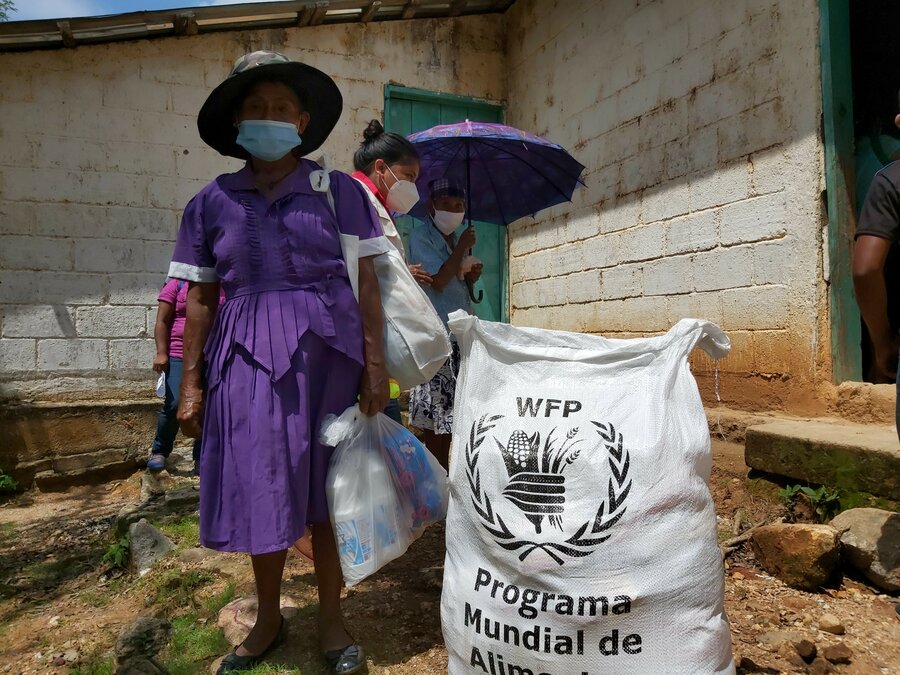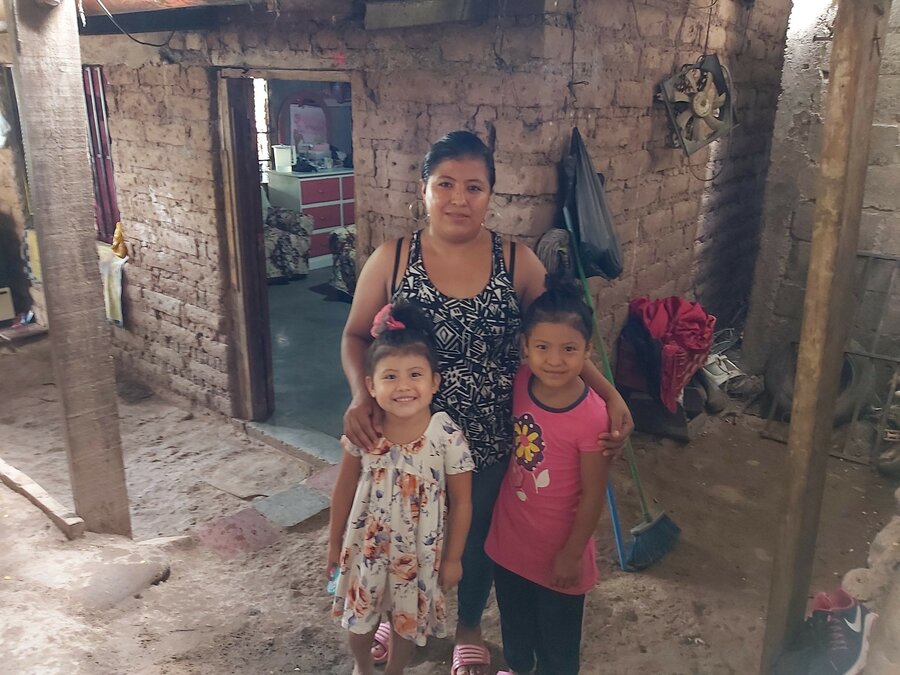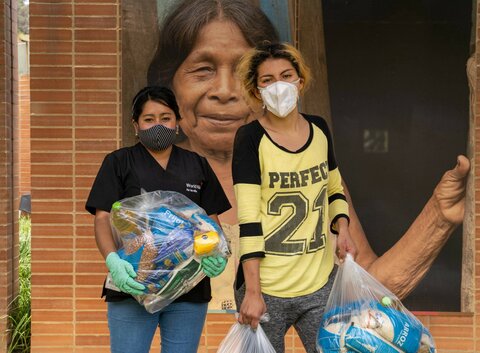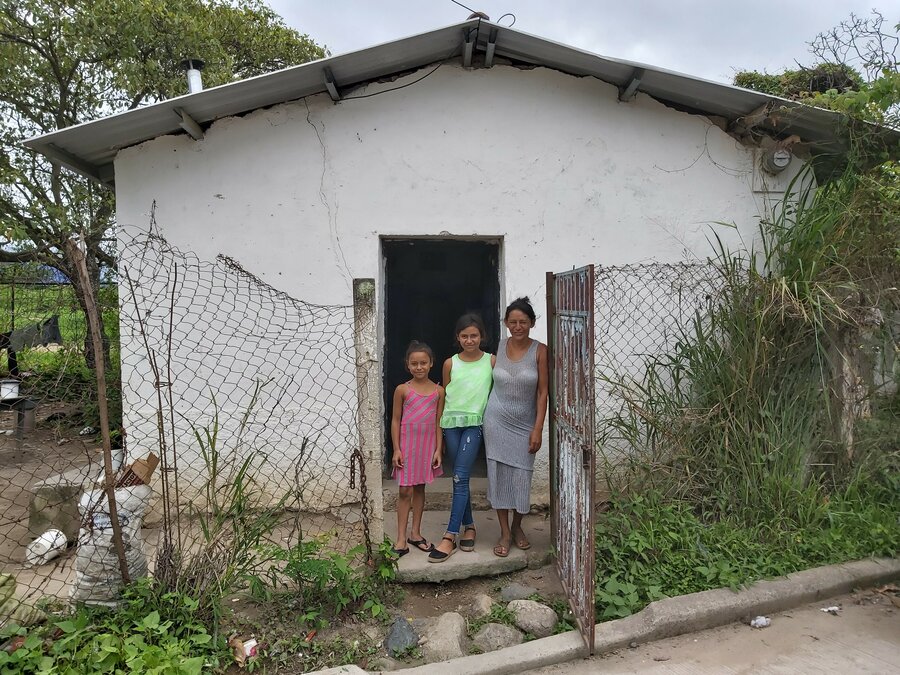Coronavirus in Honduras: ‘This pandemic is going to starve us’

In a country where 2 million people, or 40 percent of the total workforce, were already unemployed at the start of the year, restrictions adopted to contain the spread of COVID-19 are expected to take a heavy toll on employment — and on people's ability to meet their basic food needs.
‘The State of Food and Nutrition in the World 2020', also known as the SOFI report, published this week by the Food and Agriculture Organization of the United Nations, estimates 690 million people went hungry in 2019 — by the end of this year, that figure is expected to rise by 100 million people.
‘For four days we have had only one meal a day — my children would only have a little coffee in the morning and some rice in the afternoon.'
WFP's new estimates show that the number of hungry in the countries where it operates could increase to 270 million this year — up by 82 percent on pre-pandemic figures.
In Honduras, small traders, daily labourers, subsistence farmers and families who rely on money-transfers from relatives working abroad are among the most affected; as are single mothers, elderly people, people with disabilities and those with chronic illnesses.

Honduran authorities and WFP estimate that the loss of jobs and livelihoods caused by the pandemic has thrown 250,000 families across the country into food insecurity, meaning they do not know where their next meal will come from.
"This pandemic will starve us," says Yensi Velásquez, mother of two girls, aged six and four. Since the age of 13, Yensi's been selling corn cobs and tamales (buns filled with meat or beans) outside the local hospital in Comayagua. Coronavirus forced her to stop. "I learned to make tamales from my mother, and this was how I supported my family," she says. "But the pandemic changed everything. Now you cannot work, even if you want to."
Coronavirus and hunger: WFP to assist largest number of people ever

Her husband, a taxi driver, is also not earning any money — Honduras's public transport ban extends to cabs. "Some days he goes to the river to pick mangoes. I peel them and sell them outside our house," she says. "There are days when we have some, and others when we don't."
WFP is issuing an urgent call for US$4.9 billion in funding in order to reach up to 138 million people, like Yensi, with food assistance by the end of the year — the biggest mobilization in the organization's history.
Liliana López is a single mother with three children aged five, nine and 13. She has been unemployed for three months, having lost her job as a domestic worker when the pandemic broke out. Liliana is two months behind on her rent. "Thank god my landlady is not charging me," she says, "but I promised her that when I find a job I will pay my monthly [US$33] rent."

To make some money, Liliana collects firewood on a nearby riverbank, together with one of her daughters. One load of wood will earn her US$1.50 — not enough to feed her family.
To help the authorities respond to coronavirus, WFP is providing assistance to 29,000 vulnerable families. Of these, 11,000 live in rural areas and receive in-kind food baskets and hygiene kits. The remaining 18,000 live in urban areas and receive cash transfers or vouchers they can spend on foods of their choice at local retailers.

Deisy Xiomara Castro is a little nervous as she waits for her cash transfer. "I've never been in a bank before," she says.
A single mother of six, before coronavirus she earned a living doing other people's laundry. "I would earn US$5 a day — this is how much they would pay me for washing six dozens of pieces of clothing," she says. "But now, nothing is coming up." Some of Deisy's old customers have lost their jobs and others are not hiring her for fear of infection.
Washing load after load, she managed to send one of her elder daughters to university but any further plans are all on hold now.
"It's very hard," she says, with a tear in her eye. "For four days we have had only one meal a day. My children would only have a little coffee in the morning and some rice in the afternoon. I did not have more to give them."


